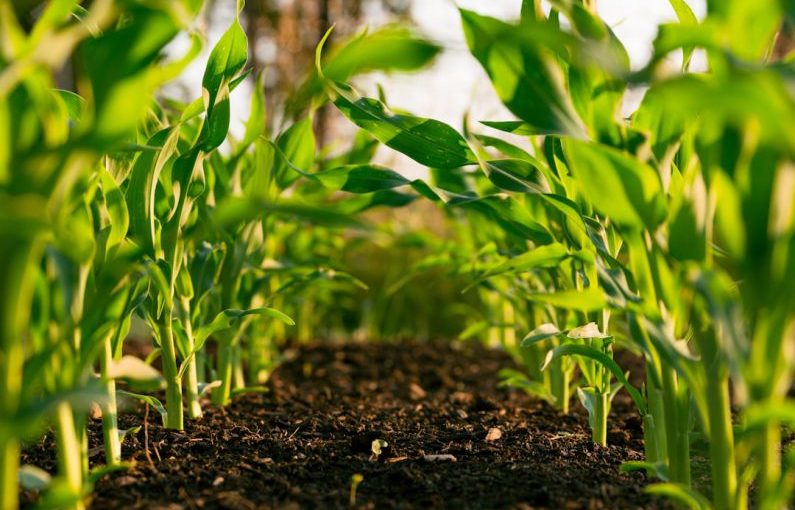Nestled in the serene countryside, away from the hustle and bustle of urban life, organic farming has been gaining momentum in rural communities worldwide. This sustainable agricultural practice focuses on cultivating crops without the use of synthetic pesticides, fertilizers, or genetically modified organisms. As more people become conscious of the impact of conventional farming on the environment and human health, they are turning to organic farming as a viable alternative. Let’s explore the unique experiences of rural communities engaged in organic farming.
Embracing Sustainable Practices
Rural communities have been at the forefront of embracing sustainable farming practices through organic methods. By prioritizing soil health and biodiversity, organic farmers aim to work in harmony with nature rather than against it. This approach not only benefits the environment by reducing chemical pollution and preserving natural ecosystems but also produces healthier and more nutrient-rich crops. With a focus on crop rotation, composting, and natural pest control methods, organic farmers in rural communities are paving the way for a more sustainable future.
Community Collaboration and Support
One of the defining aspects of organic farming in rural communities is the sense of collaboration and support among farmers. Unlike large-scale industrial farming, organic farming fosters a strong sense of community where farmers share knowledge, resources, and experiences. This collaborative spirit is evident in practices such as seed swapping, cooperative marketing efforts, and shared infrastructure. By working together, rural communities engaged in organic farming create a network of support that enhances the resilience and success of individual farmers.
Preserving Traditional Farming Techniques
In many rural communities, organic farming is not just a modern trend but a continuation of traditional farming practices that have been passed down through generations. By preserving and reviving traditional farming techniques, organic farmers honor the wisdom of their ancestors and maintain a connection to the land. From heirloom seed saving to rotational grazing methods, these time-tested practices contribute to the cultural heritage of rural communities and ensure the sustainability of agriculture for future generations.
Challenges and Resilience
Despite the numerous benefits of organic farming, rural communities face challenges in transitioning from conventional to organic practices. Limited access to resources, lack of technical know-how, and market barriers can pose obstacles for farmers looking to adopt organic methods. However, rural communities have shown remarkable resilience in overcoming these challenges through innovation, education, and collective action. Initiatives such as farmer training programs, organic certification support, and direct-to-consumer marketing have empowered rural farmers to thrive in the organic farming sector.
Connecting with Consumers
Organic farming in rural communities not only benefits the environment and farmers but also fosters a direct connection between producers and consumers. With the rise of farmers’ markets, community-supported agriculture (CSA) programs, and online platforms, consumers have greater access to fresh, locally grown organic produce. This direct relationship allows consumers to learn about the farming practices behind their food, support local economies, and make informed choices that align with their values. By bridging the gap between farmers and consumers, organic farming in rural communities promotes transparency, trust, and sustainability in the food system.
Cultivating a Sustainable Future
As the demand for organic food continues to grow, rural communities play a crucial role in cultivating a sustainable future through organic farming practices. By prioritizing environmental stewardship, community collaboration, traditional knowledge, and consumer connections, organic farmers in rural areas are leading the way towards a more resilient and regenerative agriculture system. Through their experiences and dedication, rural communities demonstrate that organic farming is not just a method of production but a way of life that nourishes the land, the people, and the planet.





